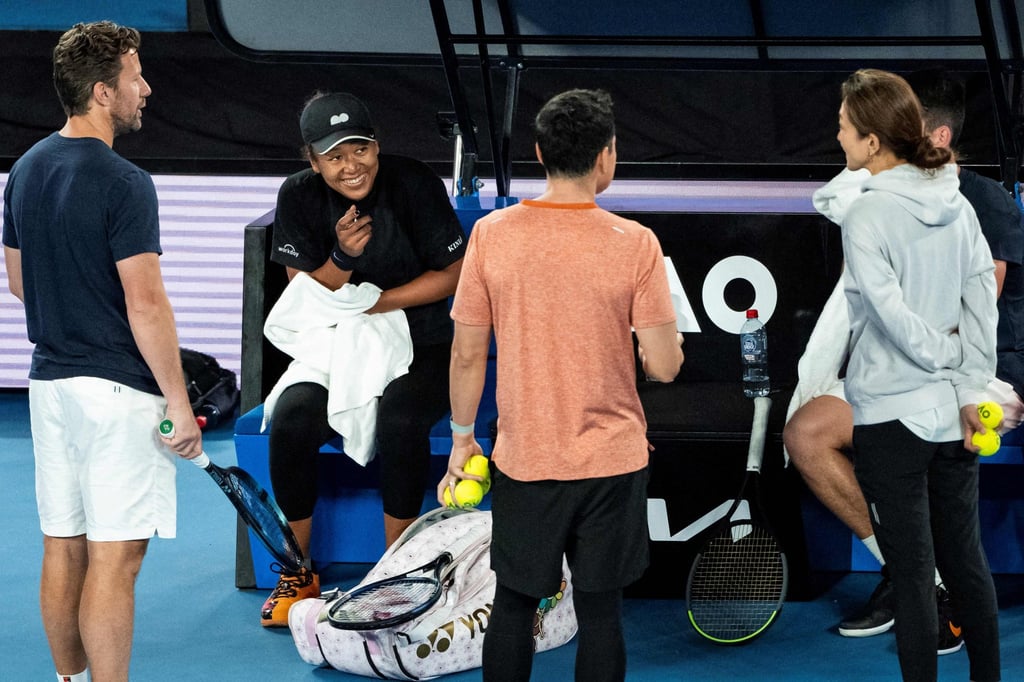Naomi Osaka: Australian Open champ is back and ‘has really stepped up’, coach Yutaka Nakamura says
- ‘We’re here for a reason’, Japanese star’s personal trainer insists ahead of comeback from mental health-related hiatus
- Nakamura reflects on learning from ‘Generation Z’ athlete Osaka’s social media advocacy during the Covid-19 era

Reigning Australian Open women’s singles champion Naomi Osaka is back to her physical and psychological best after a mental health-related hiatus from the sport, according to her personal trainer Yutaka Nakamura.
After failing to defend her US Open title last year, the 24-year-old Japanese star tearfully announced post-event she had fallen out of love with the sport.

Osaka made her competitive return at a warm-up event in Melbourne this month, winning three matches and pulling out of the semi-final because of the “shock from playing back-to-back tennis matches after the break I took”. The world No 13 faces Colombia’s Camila Osorio in the first round of her grand slam title defence on Monday.
“Based on that, I could step [training] up to the next level – and she really has stepped up.
“Yes, I believe [Osaka is back]. She stopped playing a little bit after the US Open and realised [tennis] is a good challenge and, most importantly, that she feels herself on the court. That’s what made Naomi Osaka what she is now. That’s when she shines.”